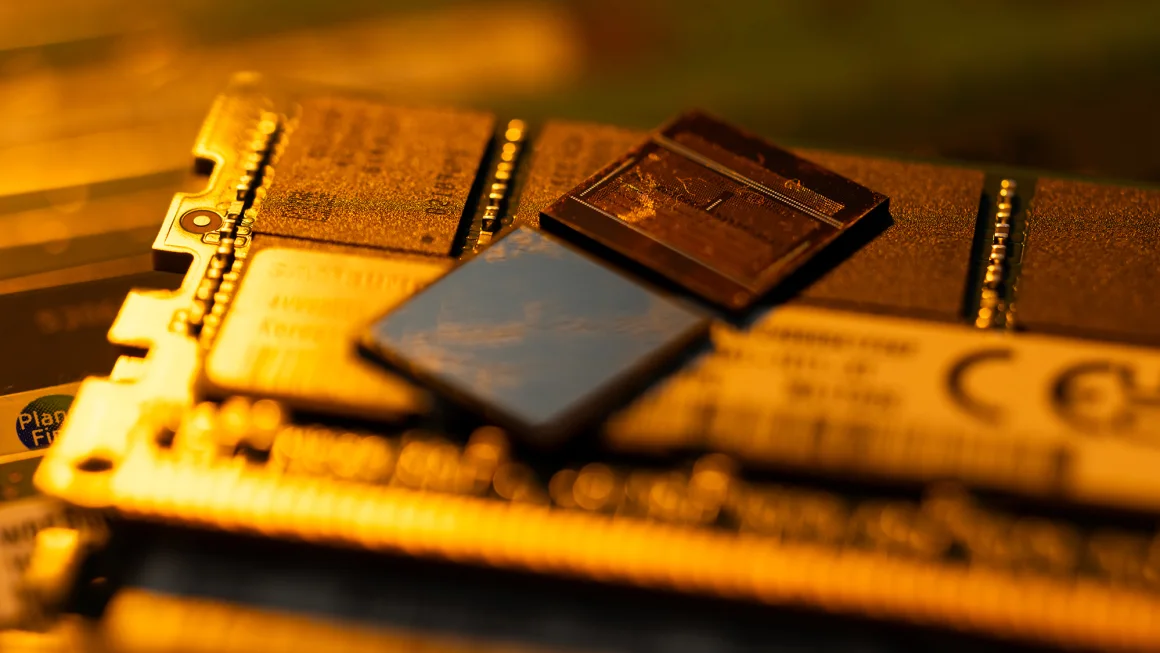High-bandwidth memory (HBM) is a cutting-edge technology designed to enhance data transfer speeds between a computer’s processor and memory. This innovation is critical for advanced computing tasks like artificial intelligence, gaming, and scientific simulations. Recently, the United States has intensified efforts to block China’s access to HBM, citing national security concerns.
The U.S. argues that restricting HBM technology could limit China’s ability to advance in AI and military applications. This move aligns with broader strategies to curb China’s technological growth and maintain American dominance in critical sectors.
China, meanwhile, is investing heavily in domestic semiconductor production to counter such restrictions. The U.S. measures have sparked debates about the global semiconductor supply chain, with industry leaders voicing concerns about economic and innovation impacts.
The HBM dispute reflects broader geopolitical tensions, with technology at the forefront of U.S.-China competition. The ongoing rivalry shapes global tech policies and markets, impacting stakeholders worldwide.











